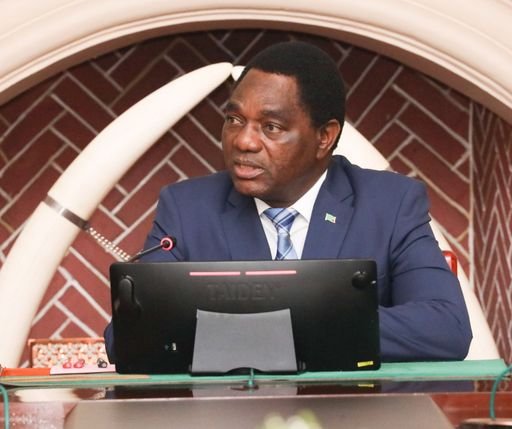South African banks have become more reluctant to lend as the threat of extreme weather events has heightened the risk of defaults, a study by the South African Reserve Bank showed on Monday.
The paper, which examined 38 banks between 2009 and 2024, found credit growth decelerated after climate shocks such as floods and droughts, as well as following the introduction of a carbon tax in 2019.
The findings align with global trends observed in Europe, the United States, and Brazil, where banks are grappling with the financial impact of climate change and regulatory efforts to reduce carbon emissions.
The tightening of credit comes as companies increasingly require funding to adapt to climate-related challenges and shift towards a low-carbon economy.
Possible delay in transitioning to low-carbon economy
“This could delay progress in transitioning to a low-carbon economy and increase companies’ exposure to future climate-related disruptions,” the authors noted in the study.

















